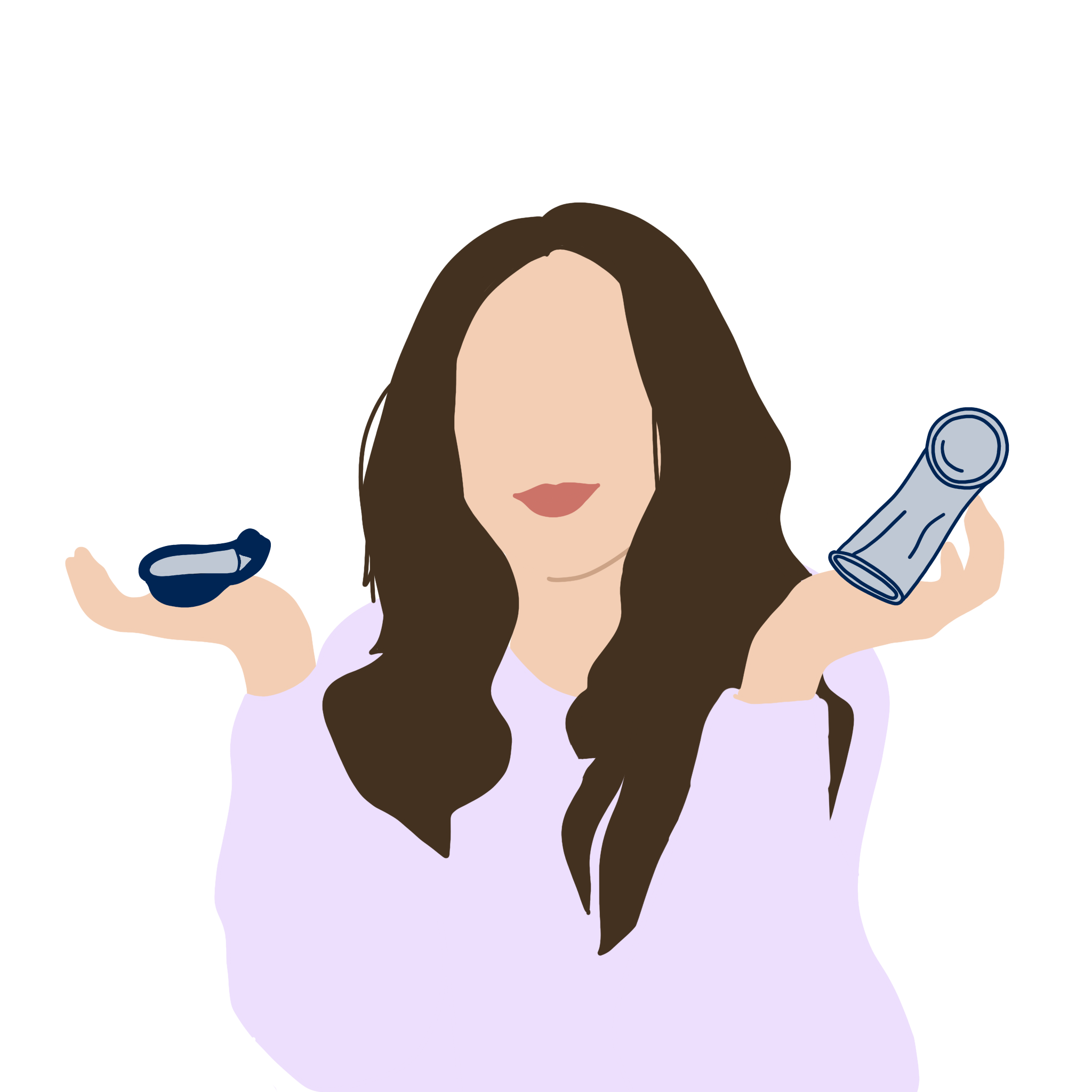Key Takeaways
- Der Hormonhaushalt kann einen großen Einfluss auf die Schlafqualität nehmen.
- Demnach leiden Frauen* häufiger unter Schlafstörungen als Männer*.
- Doch auch andersherum wirkt sich Schlaf auf deine Hormone aus.
Sleep and the hormonal system are directly connected. Researchers in chronobiology discovered years ago that the menstrual cycle can affect sleep, and sleep in turn can influence the cycle—both positively and negatively.
This influence goes so far that women*, compared to men, are twice as likely to suffer from sleep disorders and generally experience poorer sleep quality due to their complex hormonal balance.
The basis for good sleep is sufficient melatonin production. This hormone is released in darkness and initiates the deep sleep phase. If too little of this “sleep hormone” is present, restful sleep is disrupted.
Sleep disorders in the first half of the cycle
Scientists have found that sleep disorders in women* are often associated with low FSH (follicle-stimulating hormone) levels. FSH is responsible for follicle growth. That is why women* mainly struggle with sleep problems in the first half of the cycle. In the second half, rising progesterone levels have a sleep-promoting effect—until menstruation begins again. At the end of the cycle, sleep becomes more restless.
Stress reduces sleep quality
Stress also negatively affects sleep. Aside from the classic “racing thoughts,” falling asleep is also hindered by cortisol: during sleep, this adrenal hormone is produced at natural levels to make waking up easier. However, if chronic stress leads to excessive cortisol production, this can cause difficulty falling and staying asleep. An elevated cortisol level is also common in connection with PCOS, meaning that women* with PCOS sleep worse on average than others.
The effect of sleep on hormones
When sleep-deprived, the body produces less serotonin. Scientifically, lack of sleep and depressive moods are closely linked. Growth hormone (somatotropin), responsible for fat reduction and muscle development, is also produced during sleep. Anyone wanting to lose weight should not only focus on exercise and a healthy diet but also ensure sufficient sleep.
Better sleep quality during the cycle
Helpful just before falling asleep are relaxation techniques such as autogenic training or meditation. Remove all sources of light from the bedroom and avoid blue light in the evening. Avoid strenuous exercise just before bed and refrain from heavy meals. Researchers have found that the optimal room temperature for sleep is between 16 and 18 degrees Celsius. Natural remedies such as teas and supplements can also help stimulate melatonin production.
By the way: especially when planning a baby, sufficient sleep is essential for both partners. Melatonin protects cells and therefore has a significant impact on the quality of both eggs and sperm.





